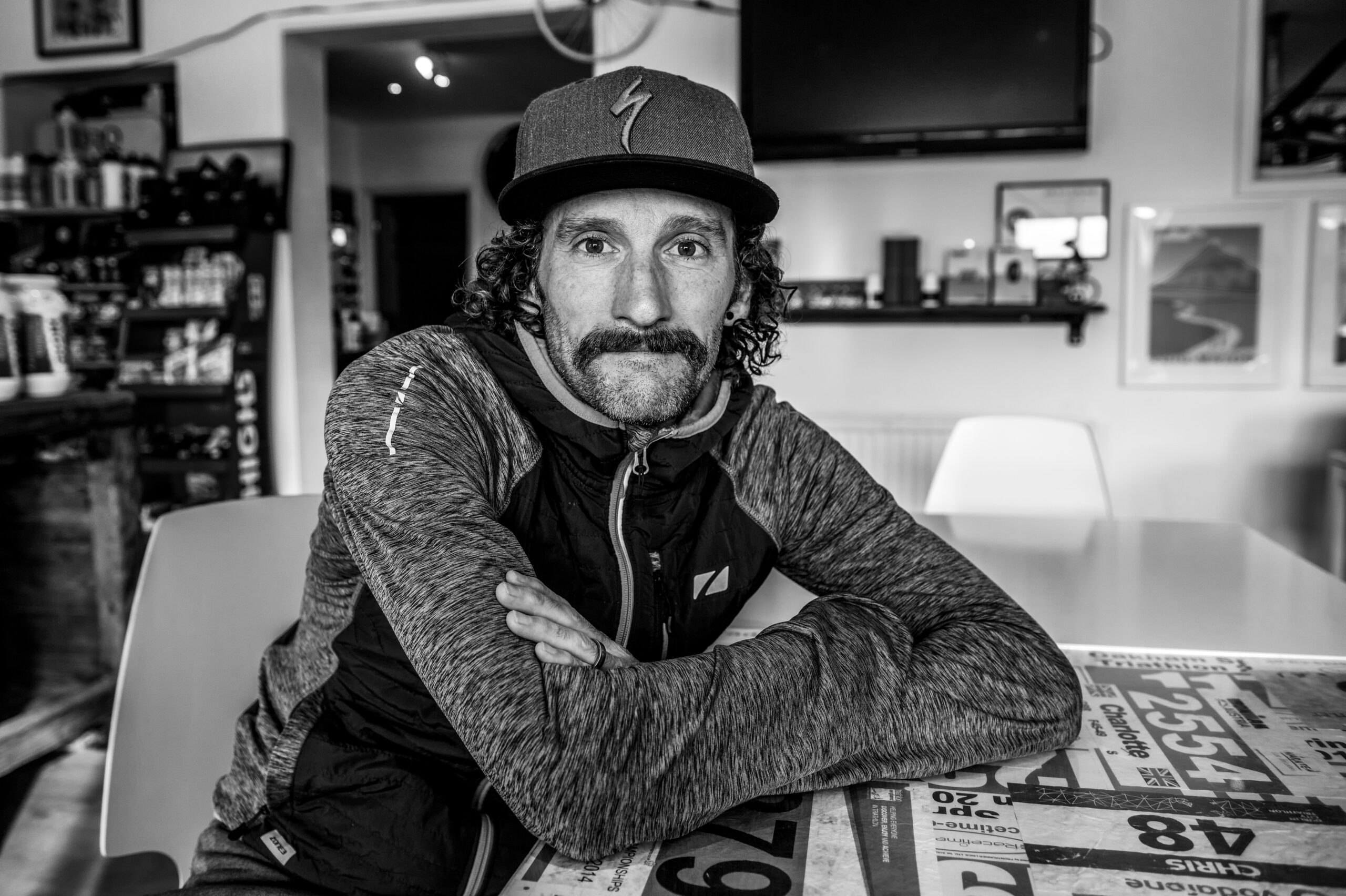It was a big blow breaking my neck three days before the World Championships in Kona [Tim suffered a neck fracture in his C2 vertebrae following a collision with a car while out on his bike], like I was proper heartbroken.
And once I got over the initial pain (which was, well, painful!) and the halo neck brace (to keep my neck and spine from moving while my spine healed) had been put on (cue at least three weeks of no sleep) that’s when the mental battle really started for me.
I always try so hard never to quit – I’d rather fail trying than never try at all – but this definitely pushed me and my family to our limits.
Familial support
In the end, it was many things that got me through; the support of my family and close friends really helped me, and always trying to take a positive from a negative. For example, I’m here, I can walk… even if my nice new Shiv is a write-off!
And thinking of the journey that got me to Kona in the first place – how much fun it was right from the get go, going to Tucson on a training camp, to racing in China in a very cool city – this all just help remind me of the events, the sport, the great people I’d met and the thrill of pushing myself to my max in each race. Focusing on what I had done gave me confidence that with the correct rehabilitation I could maybe get back to the top again. And I still very much believe that.
Focus on the processes
On a day-to-day basis I really focused on the processes – having a shower and getting dressed took about 50 minutes with the help of my wife Kelly; washing the screws in my head took another 15 minutes. Just breaking down my day really helped me.
I also needed a release of energy as I was hardly moving due to the halo, so just going to the gym and riding at first for five minutes and doing some basic movements with my legs was so rewarding (and frustrating at the same time, yes). That was ‘my’ new Kona – focusing on what I could do, not what I couldn’t, having new goals and challenges.
Trying to do my own shoe laces up or reaching into the back of the fridge to get the milk – finding ways to overcome these everyday obstacles gave me a great sense of reward and ultimately helped me though a long, tough time.
Talk to others
I think when things go wrong in sport it’s important to lean on friends and club mates. Maybe someone has some insight into your situation and can help out? If you DNF – hell, we’ve all been there it’s tough as, but it happens. We need to get back on the horse/bike and try and address the reason we DNF’d and not just stick our heads in the sand. Again, talking to other athletes and being open about your race can be really rewarding, and we can all learn how to do things better come race day.
For me, I was blown away by the all-round support I received on social media. It just astounded me how nice and understanding everyone was out there. I think sometimes sharing our misfortune can be a great coping mechanism, and it can also be great to help other people out there who might be going through something similar.
I’ve met two other people at my local gym who had a halo at some point in their lives – who’d have thought that?! But sharing their stories – one guy had been heli-skiing and could now move his head just perfectly – put a smile on my face without them even knowing how much that meant to me.
See the light
I always say shit happens, it’s how you deal with it that makes you a better, wiser person. And for me, it was everyone else who made a difference, big time. I’m still in the tunnel but I can definitely see the light!
